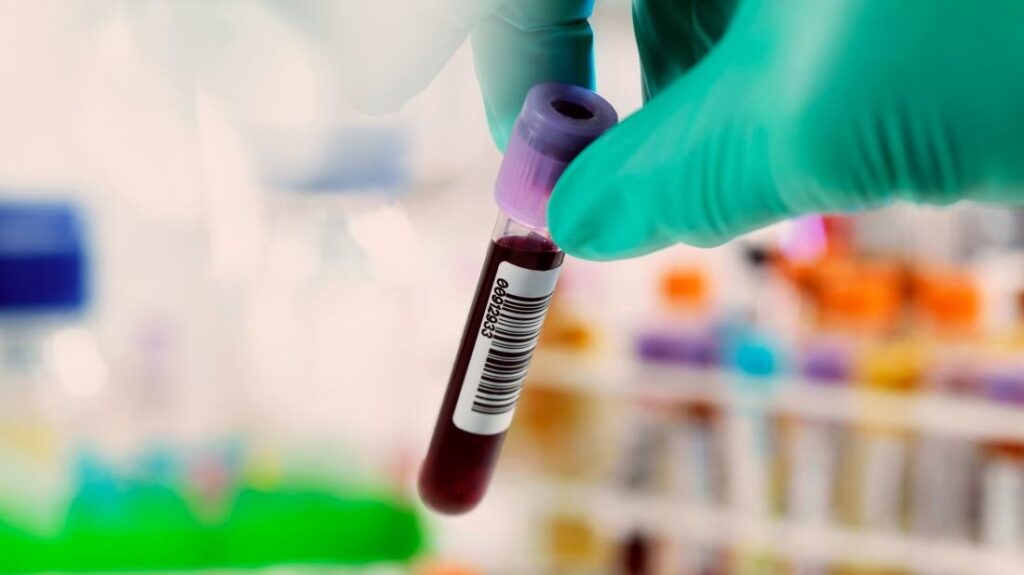In today’s fast-evolving world of healthcare, early diagnosis is the key to preventing severe complications, especially with infections that can remain silent for years. One such condition is hepatitis C—a viral infection that often goes unnoticed until it causes significant liver damage. That’s where the hepatitis C test plays a pivotal role. This diagnostic tool helps detect the virus early, often before symptoms appear, enabling individuals to take timely action. For residents or visitors seeking clarity on their liver health, opting for a Hepatitis C Test in Dubai can be a crucial step toward prevention and wellness.
Understanding Hepatitis C: The Silent Threat
Hepatitis C is a liver infection caused by the hepatitis C virus (HCV). It’s primarily spread through blood-to-blood contact, most commonly through contaminated needles, unscreened blood transfusions (particularly before the 1990s), or sharing personal hygiene tools like razors. Because it can remain asymptomatic for years, many people don’t even realize they’re infected until routine screening reveals it.
When left untreated, hepatitis C can lead to chronic liver conditions such as cirrhosis, liver failure, or even liver cancer. The hepatitis C test is a reliable method for identifying the infection early, giving people a chance to explore treatment options before irreversible liver damage occurs.
Types of Hepatitis C Tests
There are mainly two kinds of hepatitis C tests used to detect the virus and assess its impact on the body:
1. Antibody Test (Anti-HCV Test)
This is the first-line screening test. It checks for antibodies that the immune system produces in response to the hepatitis C virus. A positive result means a person has been exposed to the virus at some point but doesn’t confirm whether the infection is still active.
2. HCV RNA Test (PCR Test)
If the antibody test is positive, a follow-up HCV RNA test is performed. This test detects the presence of the virus’s genetic material (RNA) in the blood. A positive result means the infection is active, and further evaluation is needed.
In some cases, a genotype test may also be recommended to identify the strain of hepatitis C virus. This helps in selecting the most effective treatment plan.
Who Should Get Tested?
Health authorities recommend hepatitis C testing for various risk groups, even if no symptoms are present:
- People born between 1945 and 1965 (as they are more likely to have received unsafe blood transfusions)
- Individuals with a history of intravenous drug use
- Those who received tattoos or piercings in unregulated settings
- People living with HIV
- Healthcare workers exposed to needle injuries
- Individuals who had blood transfusions or organ transplants before 1992
Testing isn’t just for those with known risk factors—many health professionals now advocate for broader screening due to the virus’s silent nature and potential severity.
What Happens After a Positive Test?
If a hepatitis C test comes back positive, additional evaluations will typically be ordered to assess liver function and damage. These may include liver enzyme tests, fibroscan (liver stiffness measurement), or even imaging like ultrasounds. From there, a treatment plan can be devised based on the stage of the infection and overall liver health.
Fortunately, treatment options have evolved significantly in recent years. Modern antiviral medications can now cure most hepatitis C infections within 8 to 12 weeks, with minimal side effects. This makes early diagnosis not just important, but potentially life-saving.
The Emotional Impact of Testing
While the physical aspects of hepatitis C testing are straightforward—a blood sample and a waiting period—the emotional implications can be more complex. People may feel anxiety over the results, worry about stigma, or face uncertainty about their health future.
Understanding that a test is not a judgment but a tool for empowerment can shift the perspective. Testing opens doors to treatment, healing, and informed lifestyle choices that can dramatically improve one’s quality of life.

A Key to Preventing the Spread
Another vital use of hepatitis C testing is public health. Identifying and treating those infected reduces the virus’s spread within the community. Since most people with hepatitis C don’t have symptoms, testing becomes the only way to halt transmission chains, especially among high-risk groups.
Through widespread testing and awareness, societies can move closer to the global goal of eliminating hepatitis C as a public health threat.
Why Testing Matters in Today’s Healthcare Landscape
Modern medicine emphasizes not just treating illness, but preventing it. Testing for silent conditions like hepatitis C reflects this shift in healthcare. It’s not just about diagnosing a disease—it’s about gaining control, protecting others, and taking a proactive role in one’s health journey.
And when testing is accessible and accurate, as is the case with the Hepatitis C Test in Dubai, it becomes a gateway to hope rather than fear.
Conclusion: Don’t Wait for Symptoms to Act
Hepatitis C can lurk undetected for years, slowly impacting liver health. But with the right test, it doesn’t have to. Whether you fall into a high-risk category or simply value proactive wellness, getting screened can provide peace of mind and a clear path forward. A simple decision to take a Hepatitis C Test Dubai could be one of the most important health choices you make—not just for yourself, but for the people around you.







